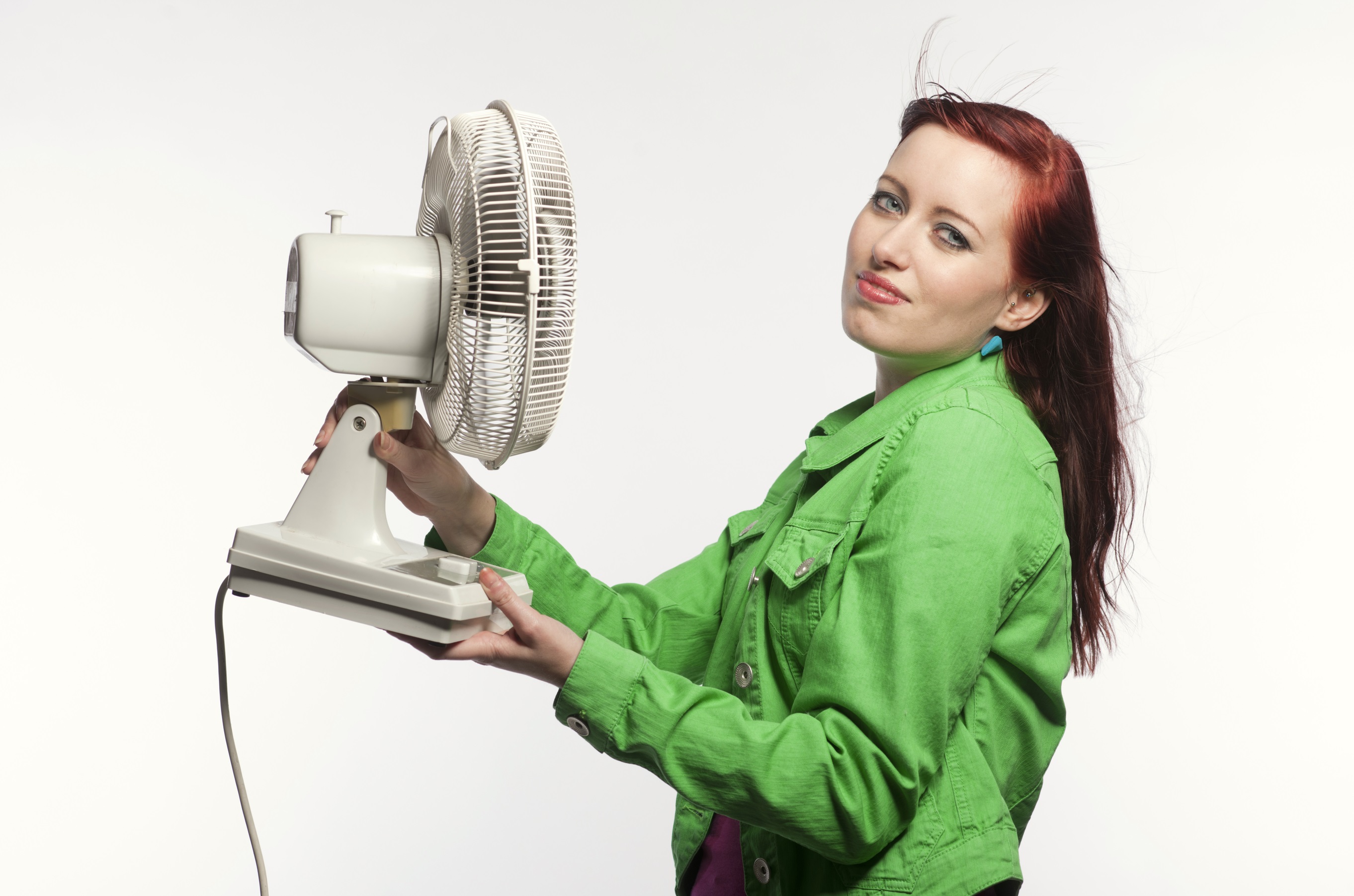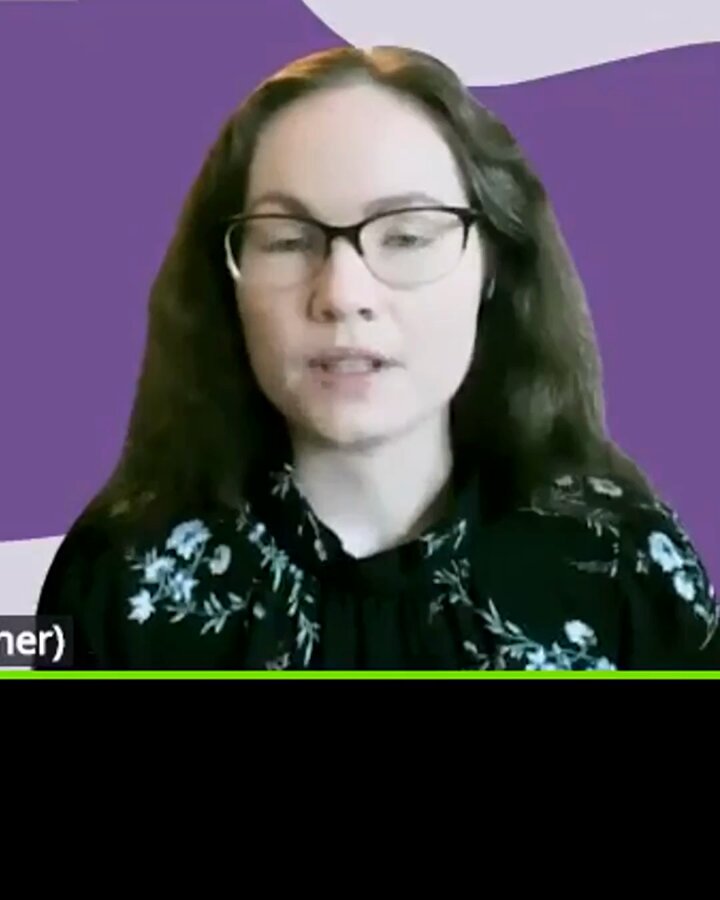“Menopause is when you have your final period.
Most women reach menopause
between the ages of 45 and 55 years”.1
Umbrella
What may the Menopause Umbrella include?
Depending on the Source (DotS) this Umbrella may include:
- Change of Life
- Early Menopause
- Going Through the Menopause
- Induced Menopause
- Menopausal/Menopause Transition
- Menopause
- Natural Menopause
- Perimenopause
- Perimenopause, Menopause and Postmenopause
- Postmenopause
- Premature Menopause
- Second Half of Your Life
- Surgical Menopause
- The Change
- The Change of Life
- The Time of Life
- The Menopause Years
- The Menopause-Related Years
- The Three Stages of Menopause
- Turning St Catherine’s Corner
Definition
What is menopause?
DotS the definition of menopause may vary. In Menopause: Overview the World Health Organization’s definition is:
In The 2023 Practitioner’s Toolkit for Managing Menopause: Definitions, published online 01 December 2023, the authors’ definition is:
On page four in Menopause Terminology: Glossary of Definitions – Menopause the definition used by the International Menopause Society is:
In What Is Menopause? Perimenopause, Menopause and Postmenopause the (Australian) Jean Hailes for Women’s Health (JH) definition is:
Typical Age
What is the typical age at menopause?
In Optimising Health After Early Menopause: Summary, published 08 March 2024, the authors note:
Different Differences
Do all women experience the same menopause?
No. Menopause is not one-size-fits-all. Different women experience different symptoms, at different times, in different ways, of different intensity, for different lengths of time.
Healthy Lifestyle
Can a healthy lifestyle improve menopause symptoms?
In the Joint Position Statement By the British Menopause Society, Royal College of Obstetricians and Gynaecologists and Society for Endocrinology on Best Practice Recommendations for the Care of Women Experiencing the Menopause, first published online 10 June 2022, one of the recommendations is:
- “Women should be advised that implementing or maintaining a healthy lifestyle can improve menopause symptoms. A healthy diet (one low in saturated fat and salt and rich in calcium and vitamin D), stopping smoking, reducing alcohol intake and including regular exercise can be beneficial. Reducing caffeine intake may also improve symptoms”.7
Hormone Therapy
How effective is hormone therapy (HT) for the treatment of menopause symptoms?
On page one in The Menopause Society Statement on Misinformation Surrounding Hormone Therapy: Indications for the Use of Hormone Therapy, published October 2024, the Menopause Society note:
Hormone therapy is indicated for the treatment of bothersome vasomotor symptoms,
genitourinary syndrome of menopause, primary ovarian insufficiency, and prevention of bone loss and reduction of fracture risk”.8
Health Care Provider
What if I would like help with my menopause?
If you would like help with your menopause, it may be in your best interest to choose to talk to your health care provider about this.
In What Is Menopause? When To See Your Doctor the JH explain:
- Irregular periods
- Heavy bleeding
- Bleeding after menopause
- Increased premenstrual syndrome (PMS) symptoms
- Menopausal symptoms, such as hot flushes, that interfere with your daily life”.9
In Menopause: Diagnosis & Treatment – Treatment the (United States) Mayo Clinic encourage us to seek help:
Health Topics A-Z
Where may I find Health Topics A-Z related to Menopause?
In Health Topics A-Z you may find:
Links
Where may I find Links related to Menopause?
Your Country may have Links similar to:
Links
This Links List to third party websites is neither comprehensive nor exhaustive. Inclusion on this Links List does not imply endorsement or recommendation. Non-inclusion on this Links List does not imply non-endorsement or non-recommendation. Third party websites are not under the control of Meno Martha International Menopause Directory. Third party websites may contain explicit medical images and/or sexual references. Please read Meno Martha International Menopause Directory’s Links Policy before proceeding to a Link. Please contact Webmaster if you experience a problem with a Link.New or Updated
- Handling Hot Flushes and Night Sweats| Dr Louise Newson [26 April 2025]
- Menopause [11 March 2025]
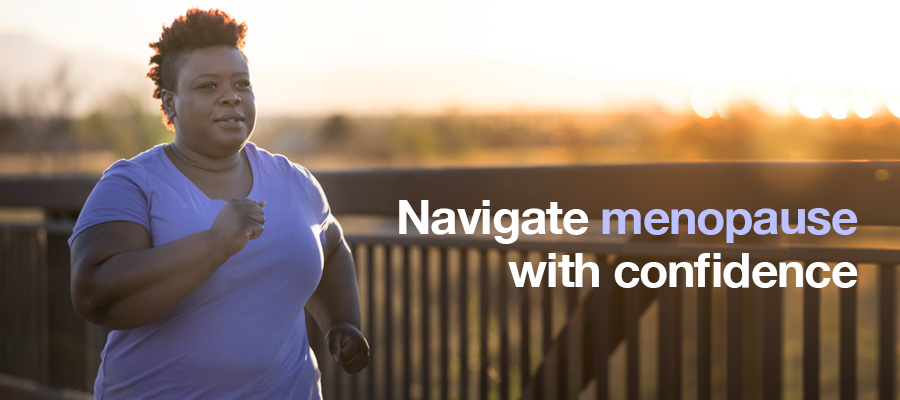
- Menopause Basics [17 March 2025]
- Top Menopause Questions Answered: Hormones, Bones, Sex & Sleep [18 June 2025]
- Webinars: Previous – The Burn, the Itch, the Pain, the Urge: GSM In Women [15 April 2025]
- What Is the Difference Between Perimenopause, Menopause and Postmenopause? [22 April 2025]
- ACOG Explains: Managing Menopause Symptoms [American College of Obstetricians and Gynecologists]
- An Empowerment Model for Managing Menopause
- Ask Early Menopause [+ Video: What Is Early Menopause?]
- Autism and Menopause: Q&A With Rachel Moseley and Julie Turner-Cobb
- BMS TV: Menopause Explained
- Cognitive Behaviour Therapy (CBT) for Menopausal Symptoms
- Consumer Video and Podcast Series: 2024 Consumer Videos and Podcasts – Cognitive Behavioral Therapy and Menopause
- Consumer Video and Podcast Series: 2024 Consumer Videos and Podcasts – Preparing for Your Menopause Healthcare Visit
- Consumer Video and Podcast Series: 2025 Consumer Videos and Podcasts – Nutrition At Menopause and Why It Is Important
- Diagnostic Tests for Menopause
- Does Having Hot Flashes Mean I’ve Started Menopause?
- Empowering the Health of Women In Midlife
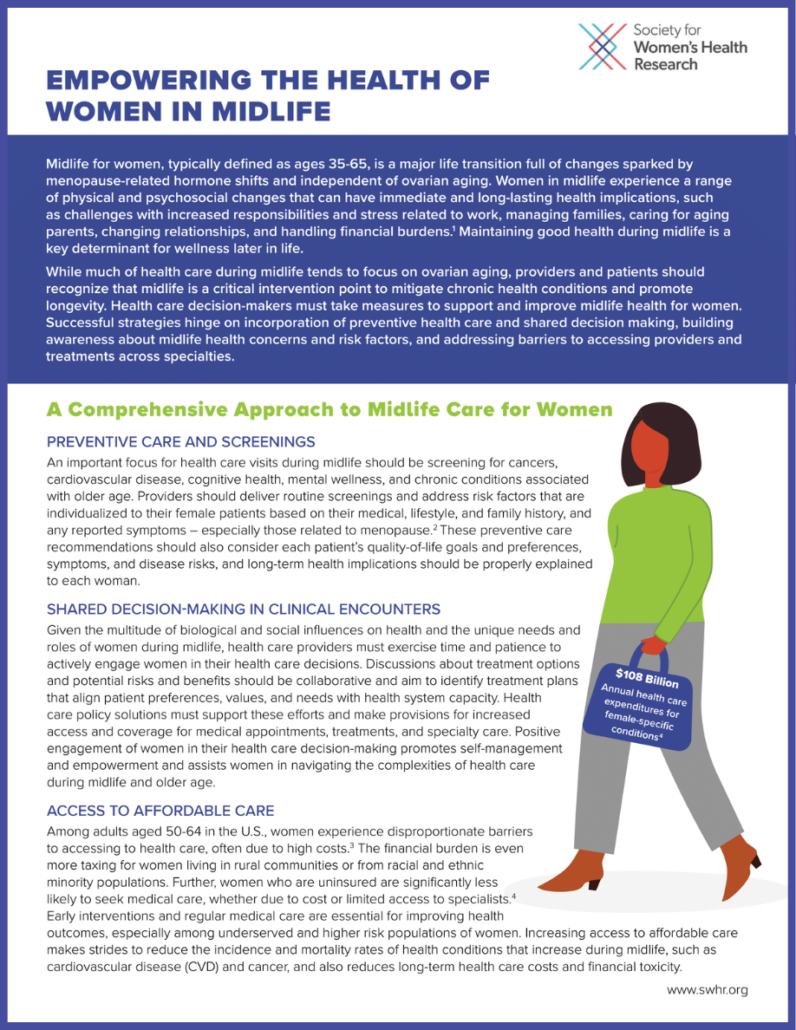
- Experts Answer Your Menopause Questions In New Video
- FAQs: The Menopause Years
- Find A Menopause Practitioner [The Menopause Society: United States and Other]
- Find An AMS Member [Australasian Menopause Society: Australia and New Zealand]
- Find Your Nearest BMS Menopause Specialist [British Menopause Society]
- First Symptoms of Menopause
- Genitourinary Syndrome of Menopause
- Glossary of Terms
- HRT Questions Answered
- Here’s What You Need To Know About Menopause [Video]
- Hot Flashes, Anxiety and Menopause: What’s the Connection?
- How To Know If You Are In Menopause
- How To Talk To Your Doctor About Menopause
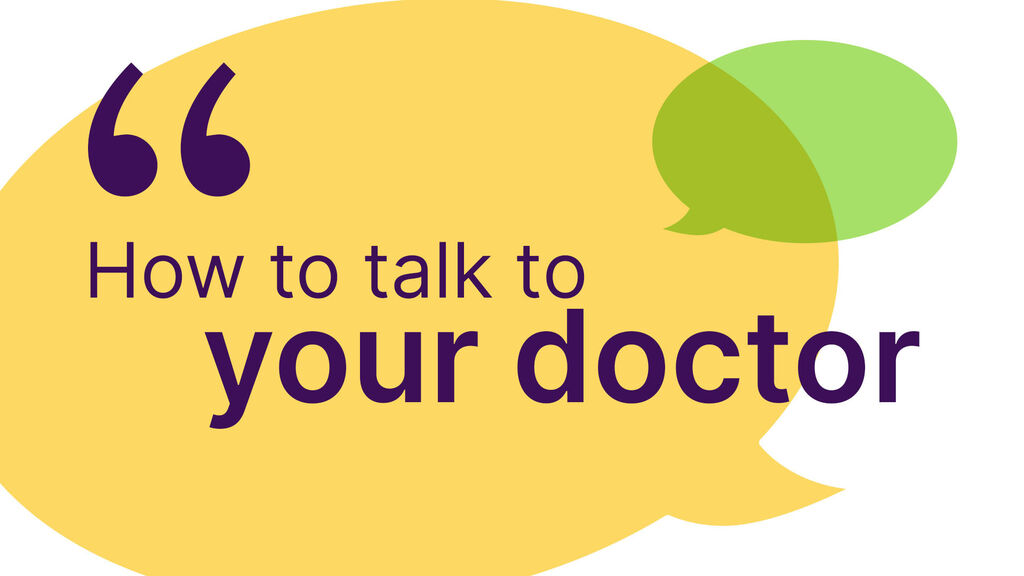
- Is There A Connection Between Bipolar Disorder and Menopause?
- Joint Position Statement By the British Menopause Society, Royal College of Obstetricians and Gynaecologists and Society for Endocrinology on Best Practice Recommendations for the Care of Women Experiencing the Menopause
- Later Years (Around 50 Years and Over): Menopause and Post Menopause Health – Menopause [Other Languages and Formats] [+ Video: Menopause]
- Later Years (Around 50 Years and Over): Menopause and Post Menopause Health – Signs and Symptoms of Menopause [Other Languages and Formats] [+ Video: Talking Menopause With Your GP]
- Living Well With MS and Menopause
- Management of Perimenopausal and Menopausal Symptoms
- Managing Menopause Symptoms [+ Video Courtesy: Mayo Clinic News Network]
- Managing Menopause: Navigation A Challenging Transition
- Menopause
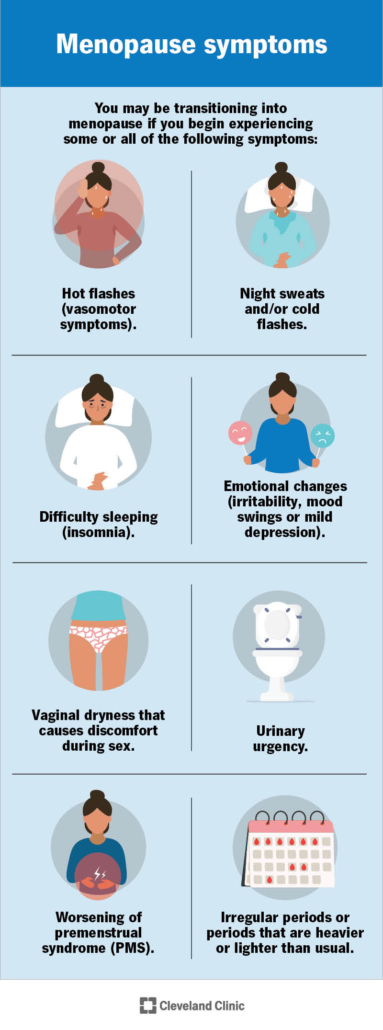
- Menopause
- Menopause
- Menopause
- Menopause
- Menopause
- Menopause
- Menopause

- Menopause
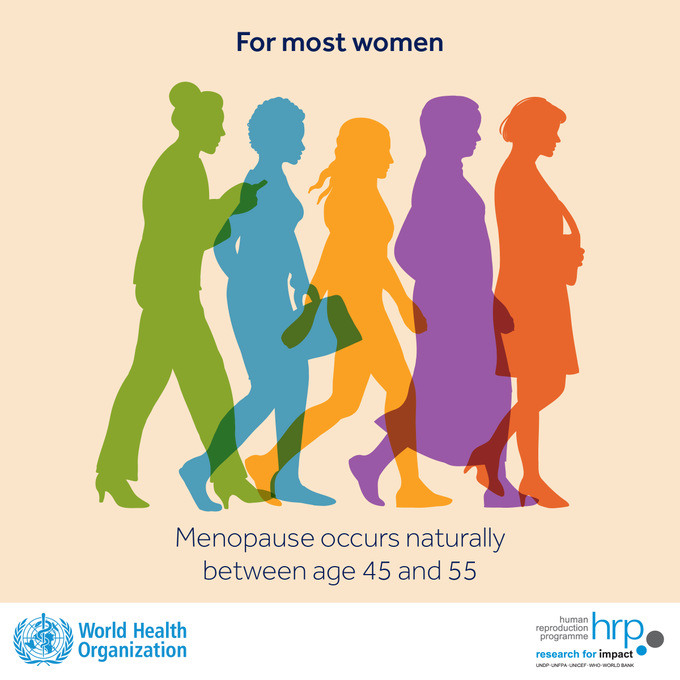
- Menopause Basics
- Menopause Checklist Podcast
- Menopause Definitions
- Menopause Has Gone Mainstream: What Does This Mean for Women Today?
- Menopause Map: Downloadable Resources – My Personal Path Print Tools: Questions for Your Health Care Provider

- Menopause Map: Downloadable Resources – My Personal Path Print Tools: Symptom Tracker
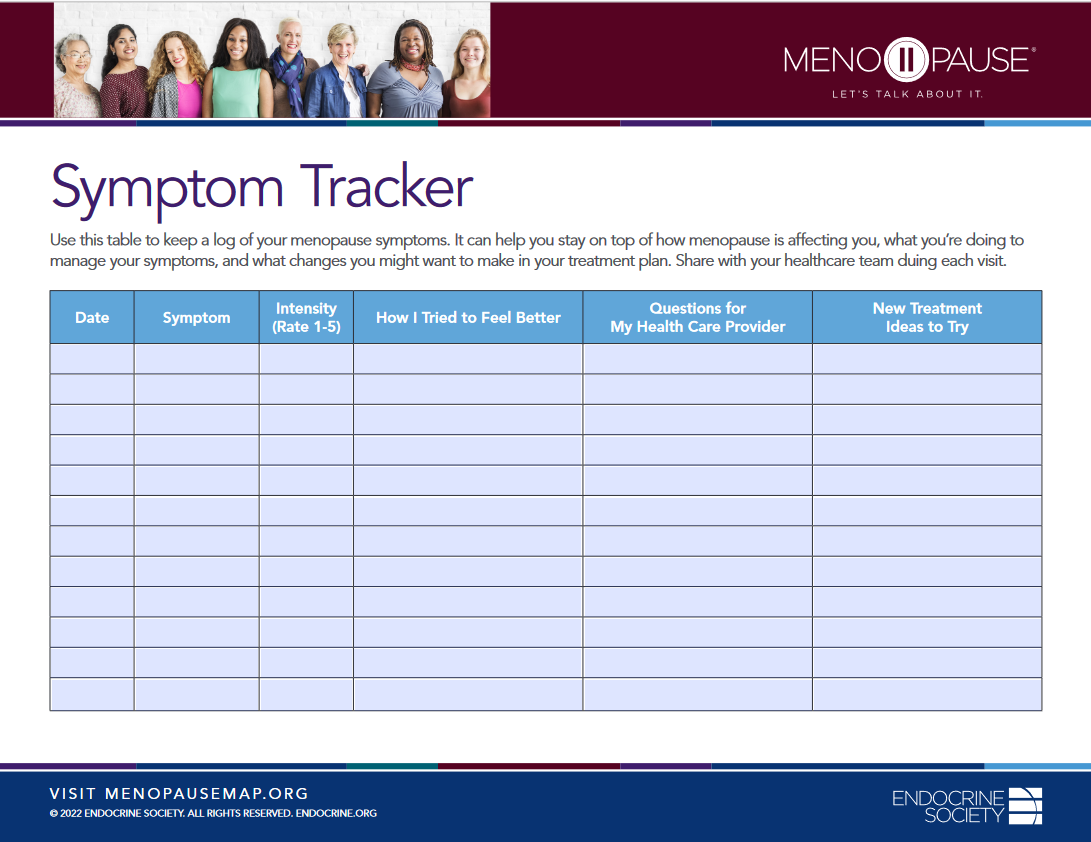
- Menopause Patient Information [Videos] 5. Lifestyle Advice In Menopause & Perimenopause
- Menopause Symptoms and Relief
- Menopause and ADHD: What Women Should Know About Diagnosis, Hormones, Symptoms, and Management
- Menopause and MS [Multiply Sclerosis]
- Menopause and Mental Health
- Menopause and Sleep
- Menopause – A Poorly Understood Stage of Life
- Menopause – Multiply Languages
- Menopause: Definitions and Terms
- Menopause: Ensuring A Tranquil Transition
- Menopause: Identification and Management [NICE Guideline Published: 12 November 2015 Last Updated: 07 November 2024]

- Menopause: Identification and Management: NICE Guideline [NG23] Published: 12 November 2015 Last Updated: 07 November 2024
- Menopause: Understanding the Changes and Finding Relief | Dr Susan Davis | The Proof Podcast EP #256
- Menopause: Your Choice of Language
- Menstrual Calendar
- Midlife Health
- Midlife Weight Gain
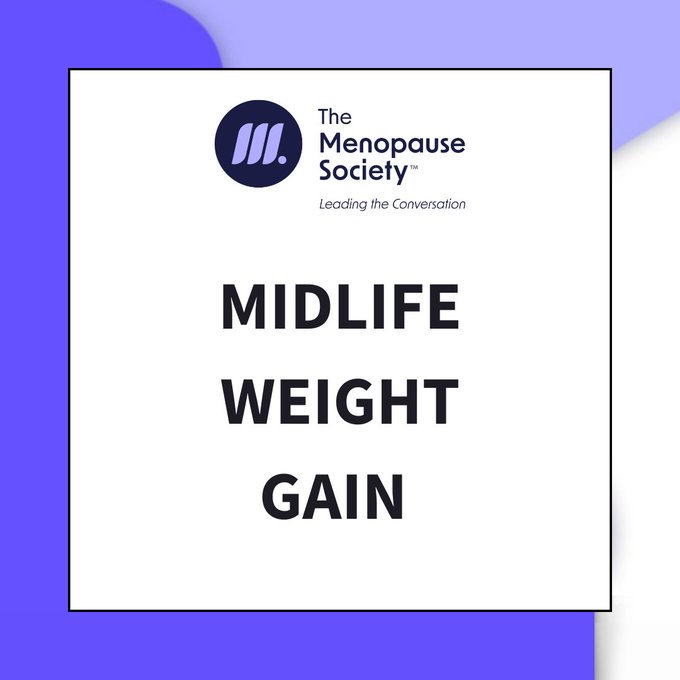
- Monitoring Menopause Symptoms
- Mood and the Menopause
- My Periods Have Changed. Is Menopause Around the Corner?
- Mymenoplan.org [My Menoplan, United States
- National Women’s Health Week 2025 [11-17 May]: Navigating the Road to Menopause
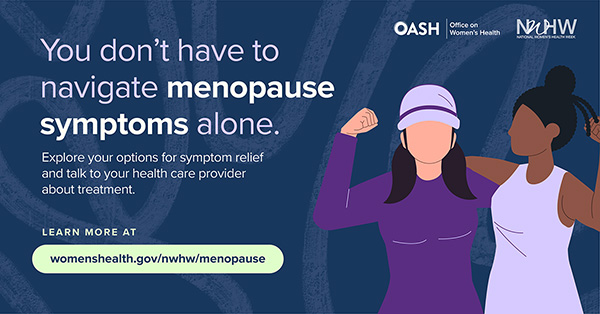
- National Women’s Health Week (NWHW): From the FDA Office of Women’s Health
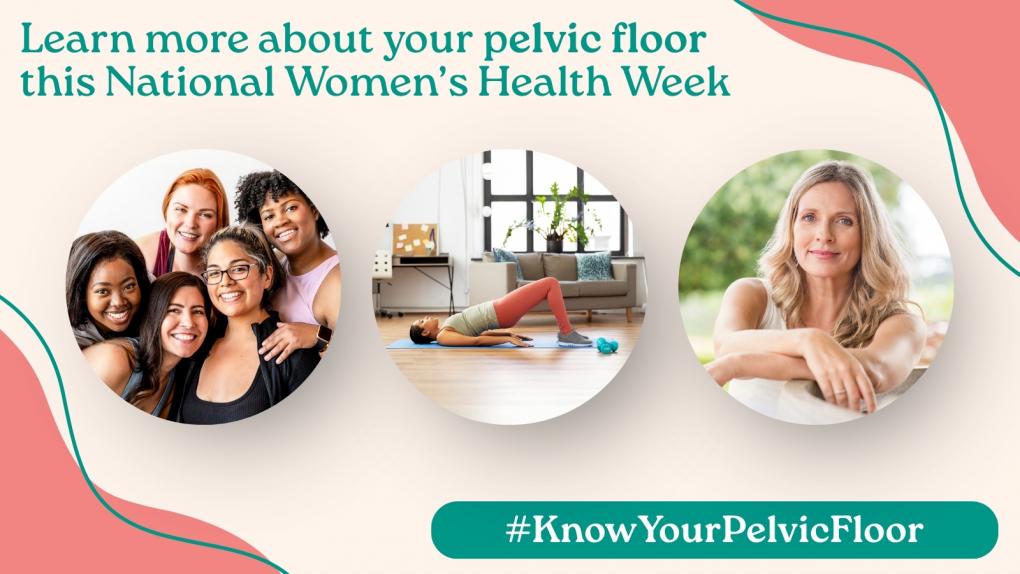
- Navigating Menopause Together: How Partners Can Help
- Navigating Menopause: Expert Insights and Solutions | Dr Susan Davis | The Proof Podcast EP 245
- Navigating Menopause: Honest Answers To All Your Questions [+ Video: What To Expect in Menopause]
- New Guide To Support Autistic Women Going Through the Menopause
- Perimenopause and Menopause Checklist: Translated Checklists
- Perimenopause and Menopause Symptom Checklist

- Promoting Good Mental Health Over the Menopause Transition
- Shedding Light on the Menopause Experience and Demystifying Treatment
- Surprising Menopause Symptoms Q&A | Dr Louise Newson
- The 2023 Practitioner’s Toolkit for Managing Menopause
- The Lancet: Series From the Lancet Journal – Menopause 2024
- The Menopause Society Statement on Misinformation Surrounding Hormone Therapy [September 2024]
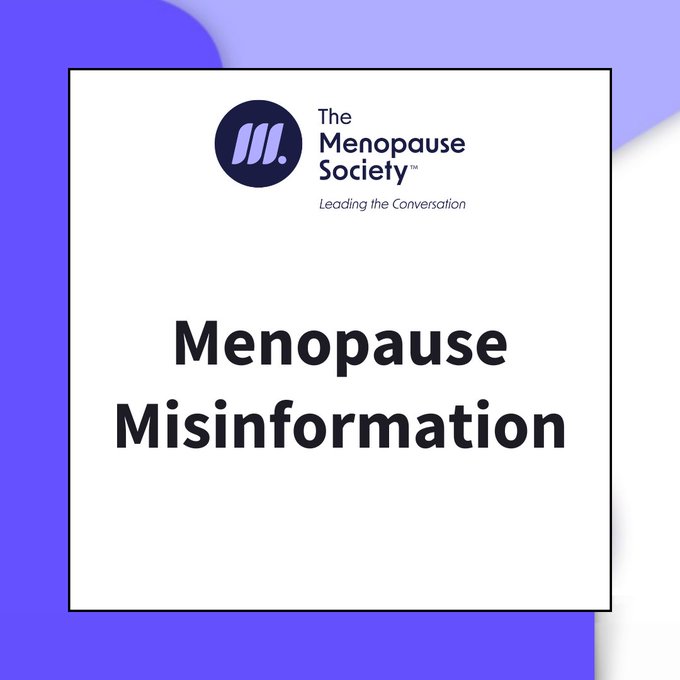
- Video & Podcast Library: Videos – World Menopause Day 2024: Menopause and Hormone Therapy: Current Perspectives and Controversies
- Videos and Podcasts: Videos – A Simple Approach To Menopause: The Menopause Quick Six (www.MQ6.ca)
- Videos & Podcasts: Videos – Menopause and Hormone Therapy: Current Perspectives and Controversies
- Webinars: Previous – IMS & ISE Symposium: What’s Hot? Options for Treatment of Hot Flushes 2025
- Webinars: Previous – The Burn, the Itch, the Pain, the Urge: GSM In Women
- Webinars: Previous – The Perimenopause Journey: An Adaptive Reproductive Phase
- Whales Make Waves In the Quest To Discover Why Menopause Evolved
- What Is Menopause?
- What Is Menopause?
- What Is Menopause? [+ Video]
- What Is the Menopause?
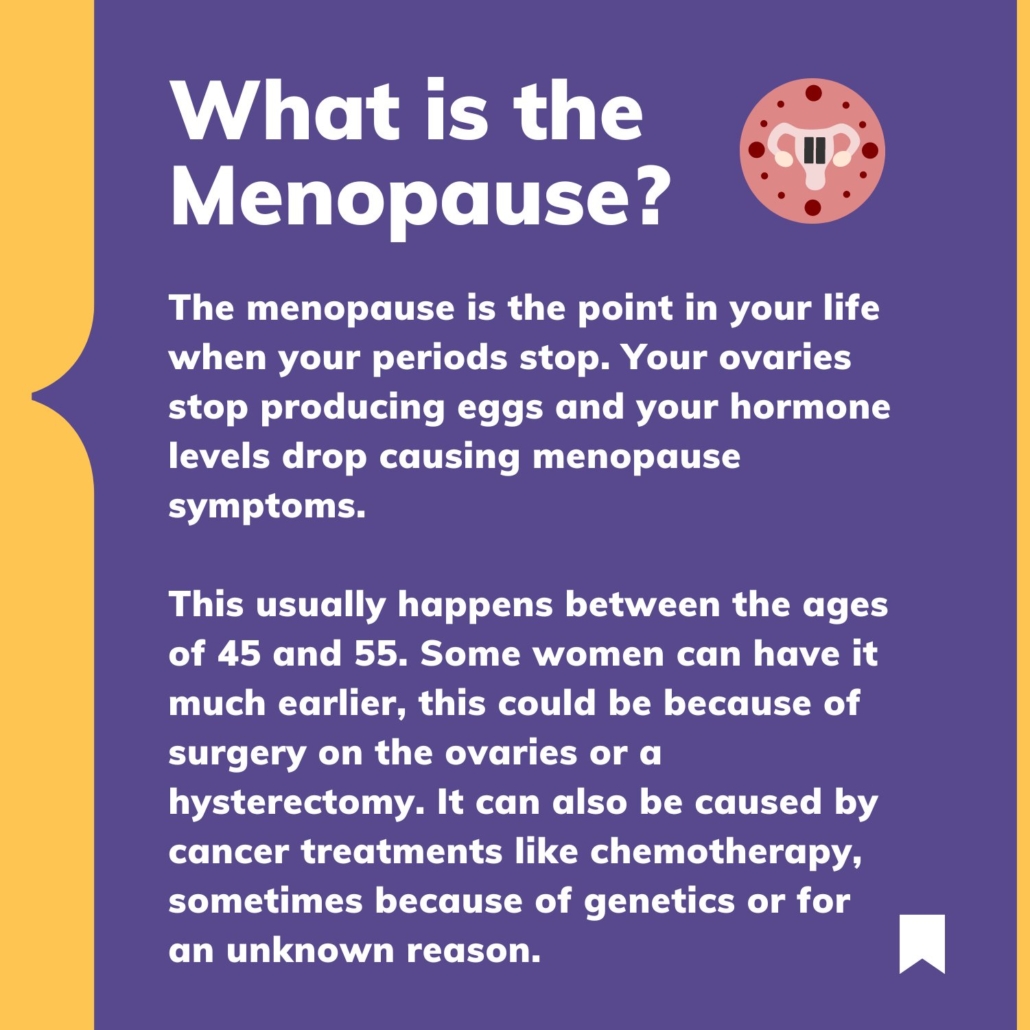
- What Is the Difference Between Perimenopause, Menopause and Postmenopause? [Video]
- When Does Perimenopause Start and How Do You Define the Beginning
- When You Should See A Doctor About Menopause (or Perimenopause) Symptoms
- Why Is FSH Not Needed for Diagnosis of Menopause
- World Menopause Day 2024: Leaflet for Women – Menopause and Menopause Hormone Therapy [Multiply Languages]
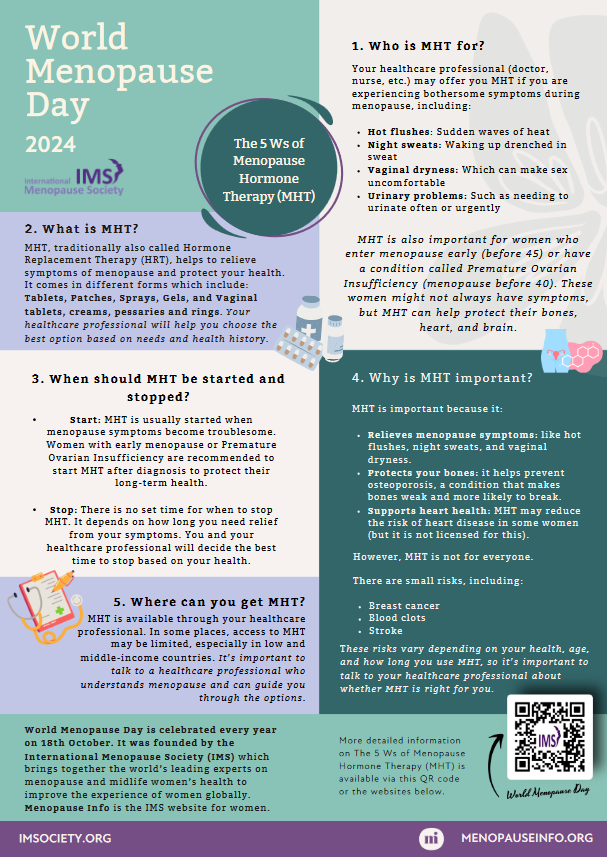 World Menopause Day 2024: Poster for Women – The 5 Ws of Menopause Hormone Therapy (MHT)
World Menopause Day 2024: Poster for Women – The 5 Ws of Menopause Hormone Therapy (MHT)
Sources
Where may I find the Sources quoted?
You may find the Sources quoted at:
Sources
- What Is Menopause? Perimenopause, Menopause and Postmenopause. Last Updated: 13 May 2025 | Last Reviewed: 22 April 2025. Jean Hailes for Women’s Health https://www.jeanhailes.org.au/health-a-z/menopause/about-menopause Accessed: 01 July 2025
- Menopause: Overview. 16 October 2024. World Health Organization https://www.who.int/news-room/fact-sheets/detail/menopause Accessed: 01 July 2025
- Davis, S. R., Taylor, S., Hemachandra, C., Magraith, K., Ebeling, P. R., Jane, F., and Islam, R. M. The 2023 Practitioner’s Toolkit for Managing Menopause: Definitions. Published Online: 01 December 2023 https://www.tandfonline.com/doi/full/10.1080/13697137.2023.2258783 Accessed: 01 July 2025
- Menopause Terminology: Glossary of Definitions – Menopause. Page 4. International Menopause Society https://www.imsociety.org/wp-content/uploads/2022/10/IMS-English-Factsheet-4-glossary.pdf Accessed: 01 July 2025
- What Is Menopause? Perimenopause, Menopause and Postmenopause. Last Updated: 13 May 2025 | Last Reviewed: 22 April 2025. Jean Hailes for Women’s Health https://www.jeanhailes.org.au/health-a-z/menopause/about-menopause Accessed: 01 July 2025
- Mishra, G. D., Davies, M. C., Hillman, S., Chung, H-F., Roy, S. and Hickey, M. Optimising Health After Early Menopause: Summary. Published: 05 March 2024. https://www.thelancet.com/journals/lancet/article/PIIS0140-6736(23)02800-3/fulltext Accessed: 01 July 2025
- Hamoda, H, Mukherjee, A, Morris, E, Baldeweg, S. E., Jayasena, C. N., Briggs, P, Moger, S. Joint Position Statement By the British Menopause Society, Royal College of Obstetricians and Gynaecologists and Society for Endocrinology on Best Practice Recommendations for the Care of Women Experiencing the Menopause. First Published Online 10 June 2022:3-4. https://journals.sagepub.com/doi/full/10.1177/20533691221104879 Accessed: 01 July 2025
- The Menopause Society Statement on Misinformation Surrounding Hormone Therapy: Indications for the Use of Hormone Therapy. 2024:1. Menopause Society https://menopause.org/wp-content/uploads/2024/09/TMS-statement-on-HT-Misinformation.pdf Accessed: 01 July 2025
- What Is Menopause? When To See Your Doctor. Last Updated: 13 May 2025 | Last Reviewed: 22 April 2025. Jean Hailes for Women’s Health https://www.jeanhailes.org.au/health-a-z/menopause/about-menopause Accessed: 01 July 2025
- Menopause: Diagnosis & Treatment – Treatment. 07 August 2024. Mayo Clinic https://www.mayoclinic.org/diseases-conditions/menopause/diagnosis-treatment/drc-20353401 Accessed: 01 July 2025


